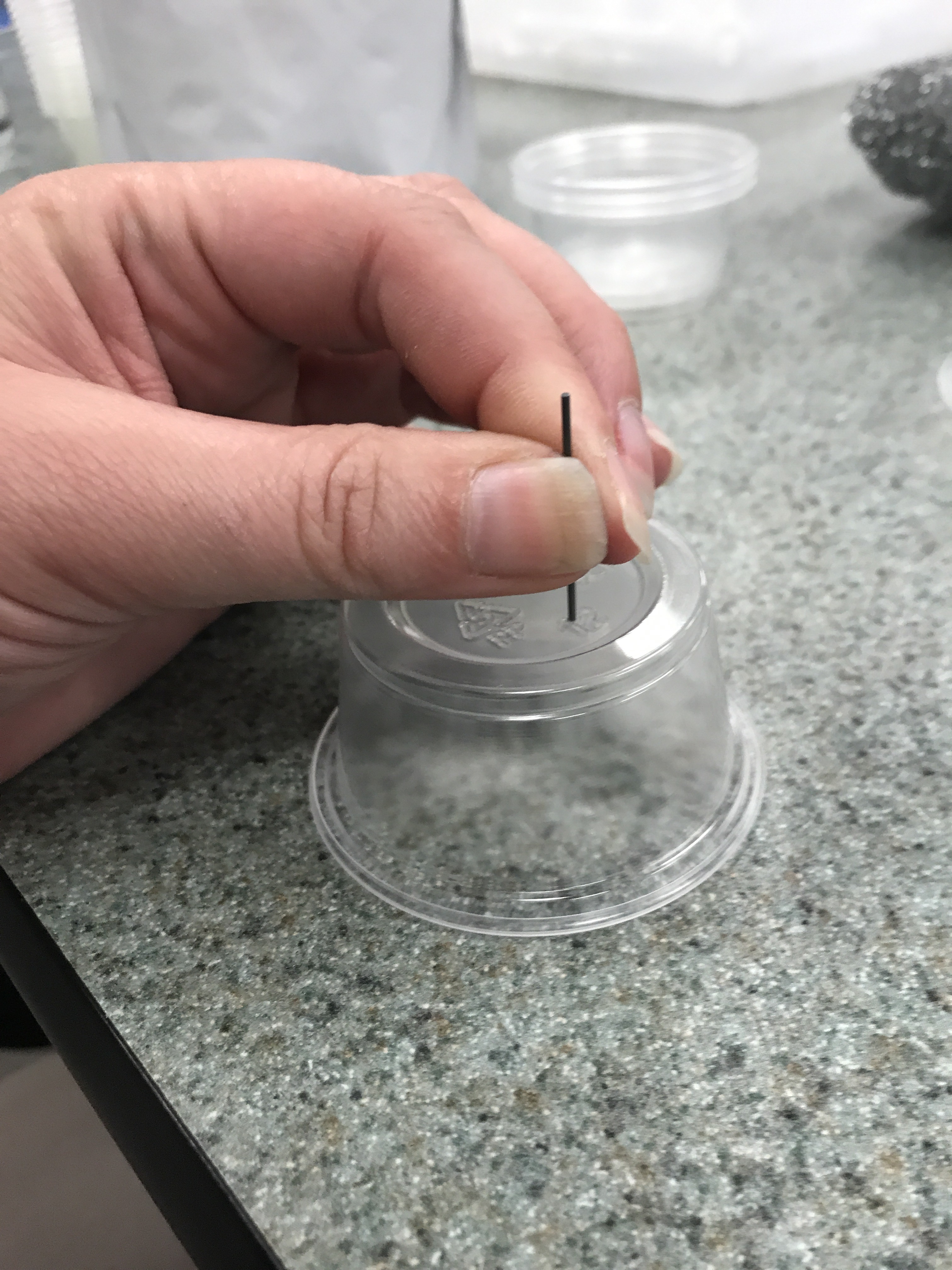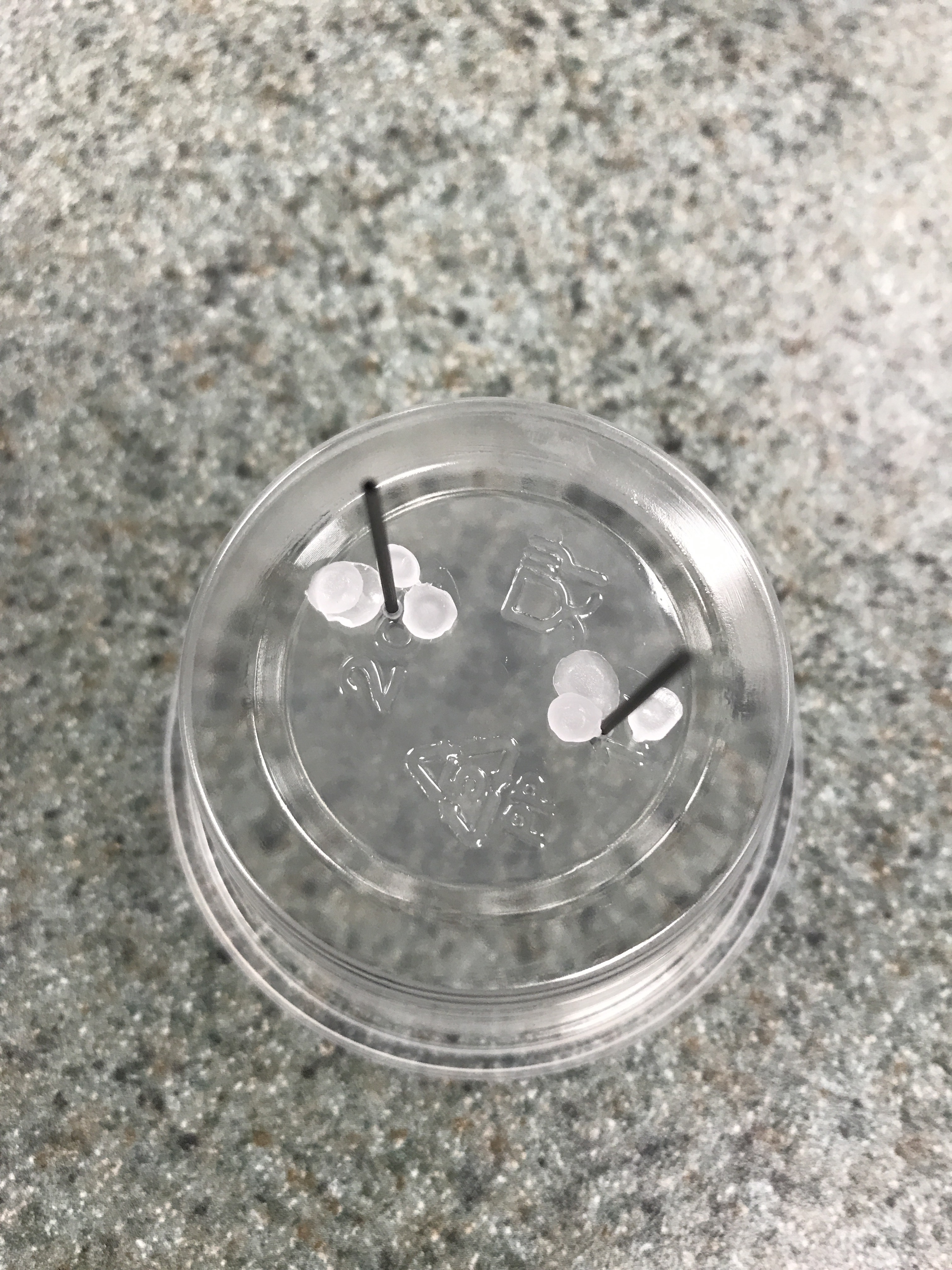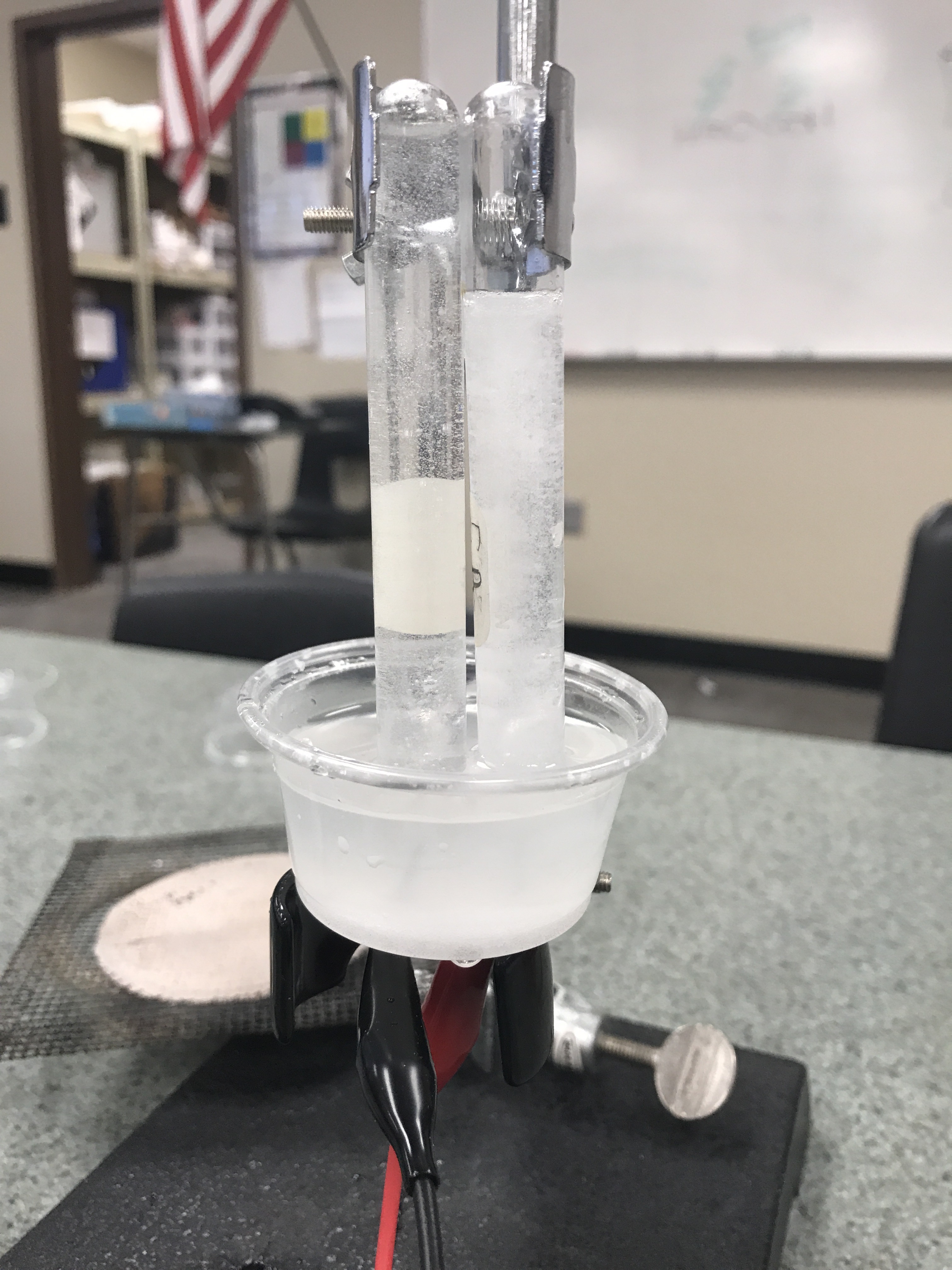Arizona is weird when it comes to education and education funding. There is a very complicated formula that is used to determine how much money each school receives and if you would like more information about that, go here. The bottom line is that schools in Arizona are under funded and we need your help. You should vote for education funding. And here’s why:
As of 2011, Arizona spent $7,666/student, which is about $180 less than they spent in 2010 and about $8000 less than states like New York, Washington D.C. and $5000 less than states like Alaska and New Jersey. Arizona is actually only above Oklahoma, Utah and Idaho in spending per student.[1]
Arizona, however, has plenty of students in school and plenty of schools that need to be funded. As of 2012, 21% of AZ’s population was under the age of 18 [2] and there were 627 public high schools in need of funding [2]. We had a 97% of the population attend school and over 91,000 students graduate last year [2]. Despite that, Arizona is 48th in state spending on education [2]
As a result of low funding, schools in Arizona are forced to go to the people to ask for money. One way schools can do this is with an override. “Arizona allows for school districts to override their budgets by five percent for each fiscal year within the budgeted expenditures of a special program.” [3] These overrides allow districts to increase their budgets, which in turn allows schools to keep programs, teachers, and reading and math initiatives. Which is kind of a big deal. The elementary school district in Buckeye is looking to drop 45 teachers if their override doesn’t pass. Which means bigger class sizes. It’s a strange thing, because the NEA reports that there are 18 students enrolled per teacher in Arizona [2], but I don’t know a single teacher who has a class size less than 35. Well, I know 1, but she teaches at an alternative school for students who can’t make it in a public high school for whatever reason. For a district to lose 45 teachers means class sizes are larger than 35. Have any of you ever tried to teach 35 elementary aged students? Try keeping 35 10 year olds under control for 8 hours. Not that easy.
The second way schools can ask for money is through a bond.”Under Arizona law, a school district which has a petition with signatures from fifteen percent of the school district’s voters who voted in the last election can call for a referendum to approve a bond issue” [3]. These can be used to build new buildings, build new schools, improve standing structures, and give students new materials. In my own high school district, we are looking to build two buildings per campus to help with student overflow. We’re also adding a new high school to our district because of the growing student population in the area. Lastly, we want to give students technology. I’m in a rural school and not all of my students have access to computers and the internet at home. Giving each student a tablet will help them access more resources.
Here’s my point: Arizona government doesn’t seem to care all that much about schools. So schools have to beg their communities for money. If you live in Arizona, and your district (or districts) are asking for an override or a bond it’s because they really need it. They are not given enough money to properly restore their buildings, to properly pay their teachers (teachers in AZ only make on ave $48,000 a year (which ranks us 31st in the nation and puts teachers at 88% of the national average salary) [2], and to have enough teachers per student in the classroom. I have 30 students in my smallest class and I have one of the smaller classes on campus. Most of my colleagues have 40+ students in each class.
The bottom line is please vote yes for education on November 5th. We’re asking because we need it. And we’re hoping on everyone’s support. Because better schools mean better communities, better young adults entering the work force, and better futures for our students.
[1] http://www.governing.com/gov-data/education-data/state-education-spending-per-pupil-data.html
[2] http://www.nea.org/assets/img/content/NEA_Rankings_And_Estimates-2013_(2).pdf
[3] http://ballotpedia.org/wiki/index.php/School_bond_and_tax_elections_in_Arizona





